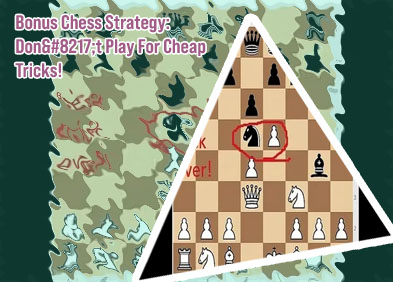Do you play chess

It's free to play chess and anyone can join
When you are feeling sick, it makes sense to fall back upon your solid, bulletproof opening repertoire that you know from a to z. That is, if you have it, of course! In contrast, experimenting with openings and trying out new sharp lines that you haven’t mastered yet can lead to a disaster. When you are sick, you need to minimize the amount of calculation required, because blunders are much more likely to come as compared to when you are your normal self. Boy playing chess He believes teaching kids how to play gives them a different perspective on life.
Teaching kids to play chess
It’s good to set up a schedule or set aside sometime each day to practice tactics on a chess website like lichess or chess.com. Teaching children to play chess found to decrease risk aversion Like many people, I was drawn to chess during the coronavirus pandemic. I’m in my thirties now and was looking for a hobby that’d see me through to old age. For some reason, video games weren’t scratching the itch like they used to.
Use it as a teaching tool
Here, Black deliberately allows White control of the centre with their pawns. The move owes both its recent decline in popularity and subsequent resurgence to Russian Grandmaster Vladimir Kramnik, who devised moves against it to defeat Kasparov in the ’90s – causing many players to abandon it – before going on to use it to successful effect on the Black side in 2012. Why is Chess Good For Kids? That cherished experience, along with her neurologist father’s work with Alzheimer’s disease and dementia patients, inspired her to start an intergenerational chess club especially for players with memory loss.
Old people playing chess
Since Kasparov’s loss, chess AI has only become stronger. Maia Chess — an ongoing project by researchers at the University of Toronto, Microsoft Research and Cornell University — seeks to use chess as a case study for how to use AI to help humans improve skills. 6. Gives You A Chance To Go For Titles But alongside the myth of the wise old greybeard (wisdom peaks at 25, then remains relatively stable until 75 according to research conducted by Paul Baltes and colleagues using the parameters of their ‘Berlin Model of Wisdom’), are we at risk of succumbing to a myth at the other extreme – that beyond the age of 35 we might as well reconcile ourselves to a steady decline in playing strength, and either retire with dignity from the chess world, or turn our chess energies to writing, coaching, TD-ing, or snarky trolling on websites and chess forums?- Home
- Epicgames ark
- Best games nintendo 3ds
- Hue play gradient lightstrip
- Nba games live
- Games like fortnite
- Shellshock game
- Burgeria papas games
- Download rummy game
- How to play fortnite mobile
- School day game
- Play dead
- Piggy game
- Warframe cross platform
- Haunt the house game
- Play donkey kong country 2 online
- Playskool marvel heroes
- Prodigy game
- Drag games
- Will dhoni play ipl
- Free printable mystery games
